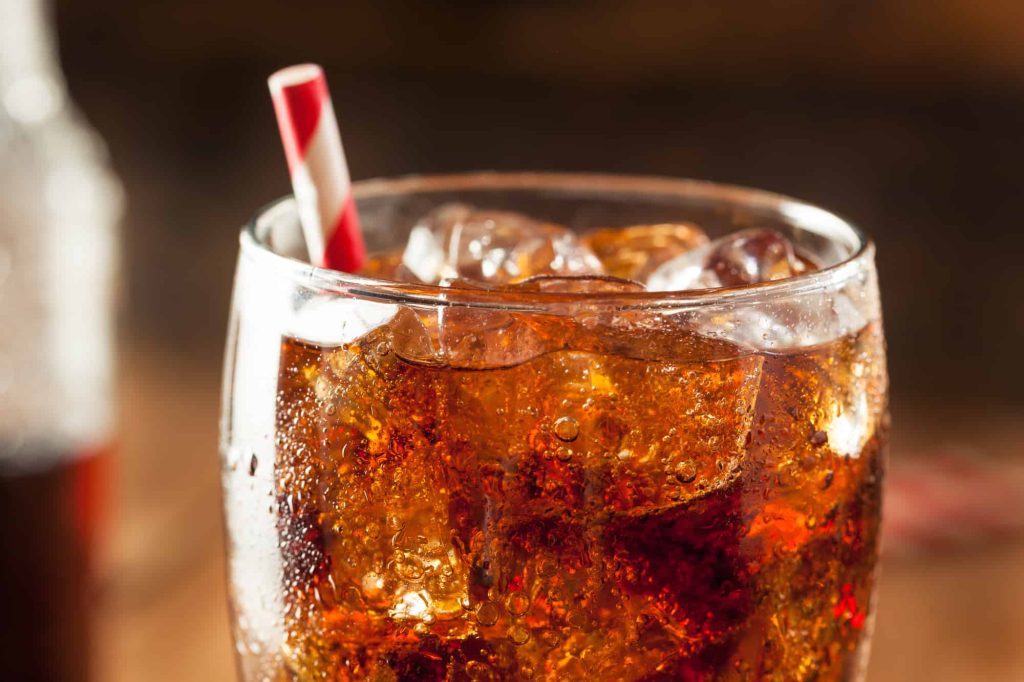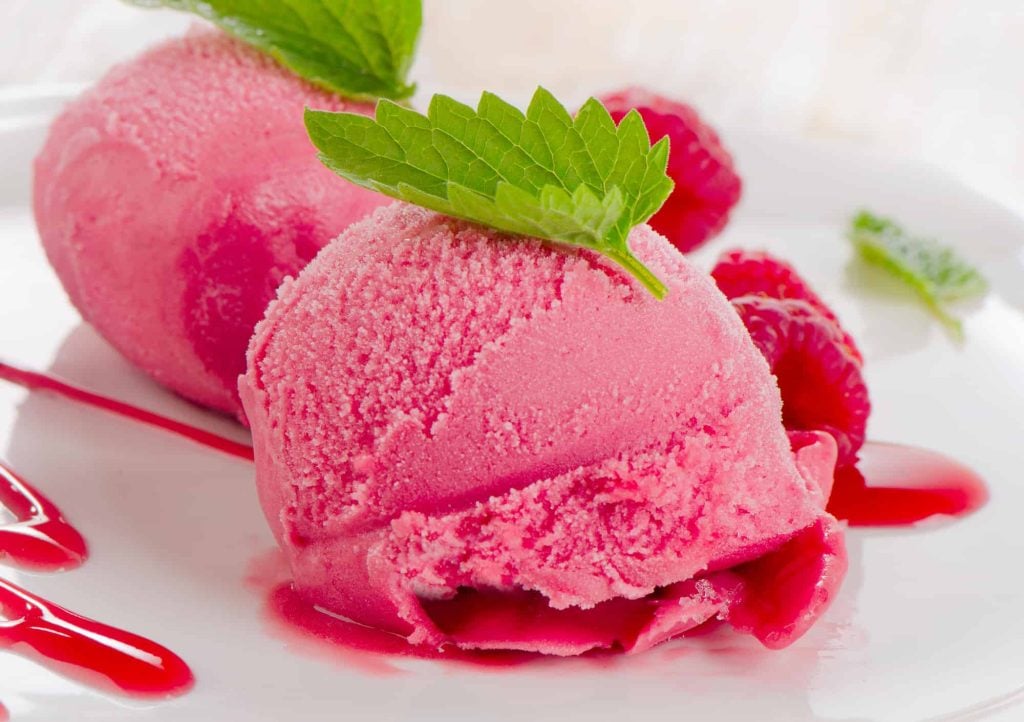Ice goes well with every drink out there, even coffee and tea. But can it also cause gas and bloating?
Ice will not usually lead to gas and bloating. However, when it is made with high-fructose sweeteners or dairy or added to carbonated drinks, it can induce bloating, gas, and other abdominal discomforts.
What other factors can cause gas and bloating, and how can you avoid it? Read on to learn more!
Can Eating Ice Give You Gas? Why?
There is no evidence that gas and bloating can be brought about by eating ice, whether it’s ice cubes, ice chips, or shaved ice. There is, however, some research on iced beverages and foods affecting digestion.
To understand how ice could affect digestion, let’s first discuss body temperature and how it relates to digestion.
Our bodies prefer to maintain a core temperature of 100° F (37.8° C). This is the optimum temperature for efficient digestion. If cold foods or beverages are ingested, the body almost immediately warms them up.
Our bodies favor warm foods and beverages because they help relax the muscles and even the blood vessels. Another reason could be that the gut microbiome thrives in a warm environment (source: Everyday Health).
Most people like ice-cold drinks when the temperature outside is hot because cold drinks quench your thirst. However, cold beverages also affect internal temperature regulation (source: Appetite).
This may be the reason why some people experience abdominal discomfort after ingesting ice-cold beverages or foods.
The most direct cause of gas while eating ice is the action of chewing it and swallowing air. The more your mouth is open while eating, the more gas will be produced, resulting in gas, bloating, and flatulence.
Certain medical conditions may also contribute to increased gas or belching. For example, people who’ve had their larynx removed may have more gas complaints when they swallow. Frequent belching is also associated with heart conditions (including heart attacks).
People who take medications such as calcium blockers, antidepressants, anticholinergics, and opiates will also produce more gas since these medications affect gut motility (source: Gastroenterology & Hepatology).
Although ice is not likely to cause gas, sweet icy drinks like slushies can promote gas if they are made with high-fructose sweeteners and carbonated liquids like sodas.
Some people experience gas and bloating from consuming high fructose corn syrup (source: Cleveland Clinic). This is because high fructose corn syrup is abundant in fructose, as is honey.
Gas and bloating may occur after consuming these products because the processed food from the small intestines gets fermented in the large intestines (source: Medical Hypotheses).
Carbonated drinks contain gas in the form of carbon dioxide, which gets dissolved in the liquid and becomes a part of it (source: Live Science). When you drink carbonated beverages, you swallow some air, which can cause bloating or flatulence (source: Cleveland Clinic).
Sorbets are similar to slushies insofar as they both contain sweeteners. The difference is that slushies are made with plain ice. Sorbets or sherbets are made with dairy, which is not the best option for the lactose-intolerant.
People with lactose intolerance lack the enzyme lactase, which helps the body process lactose. When they eat dairy, their digestive system doesn’t recognize lactose, but will still try to digest it. This can cause abdominal pain, gas, bloating, and other discomforts (source: Cleveland Clinic).
It would be best to avoid dairy products if you are lactose-intolerant. If you’re prone to gas and bloating, avoid ice-cold beverages made with carbonated ingredients or high-fructose sweeteners.
Can Ice Help with Gas or Bloating?
There is no evidence that ice can help with bloating or gas. And when it comes to icy drinks made with high amounts of fructose, carbonation, or dairy, they are likely to cause more harm than good if you are prone to digestive issues.
Ice is not the enemy, but if your stomach complains whenever you drink cold beverages, it would be best to skip them. We hope this helps!









Comments are closed.